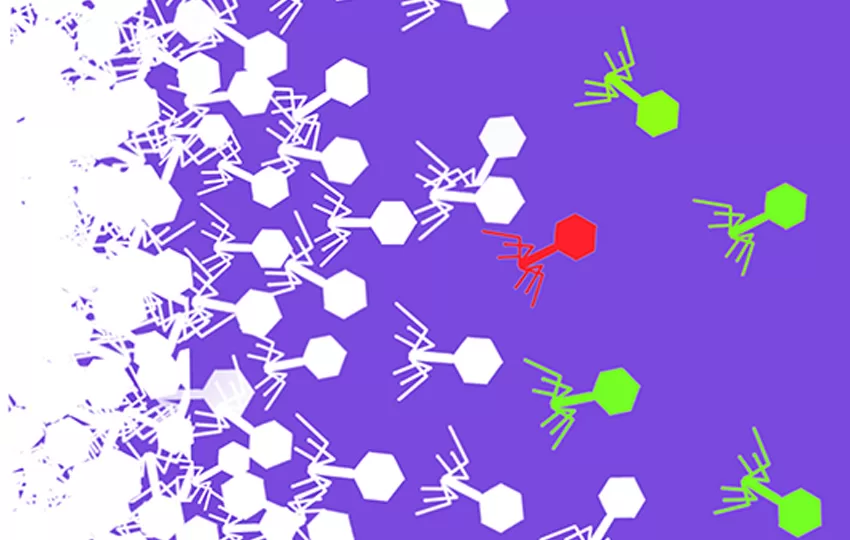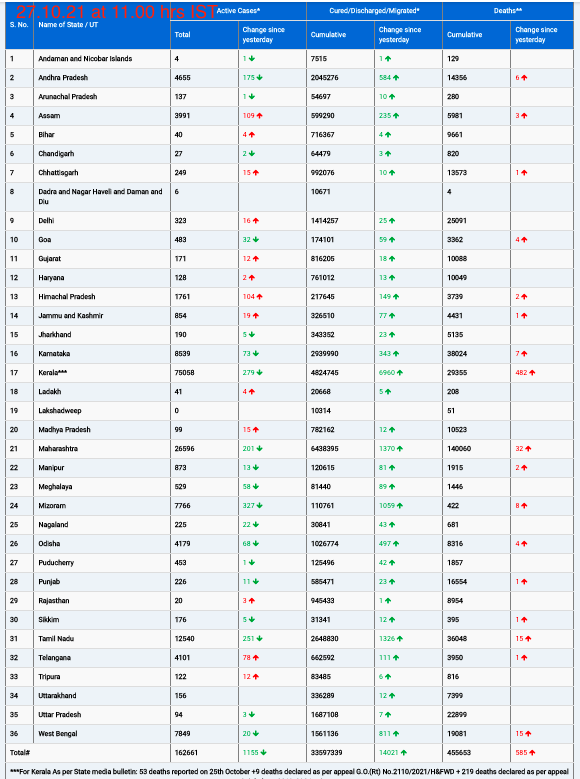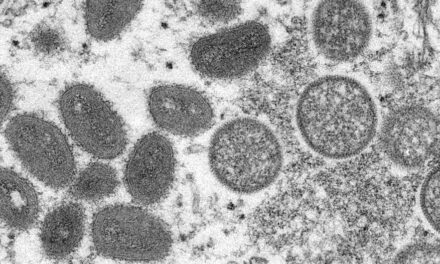
Researchers at the Department of Energy’s Lawrence Berkeley National Laboratory have developed a rapid gene labeling system, akin to barcodes, for bacteriophages, or phages—viruses that infect bacteria. Leveraging CRISPR gene-editing technology, the method helps identify essential and nonessential regions in phage genomes, paving the way for efficient tracking and understanding of these viruses. This breakthrough holds significant promise for diverse applications in agriculture, environmental management, human health, and beyond.
Phages, abundant biological entities on Earth, represent a vast pool of genetic diversity. The new CRISPR-based method enables scientists to pinpoint essential genes for infecting bacteria, offering a genome-wide understanding of phage gene essentiality. The next step involves incorporating barcodes into nonessential regions of phage genomes. This allows for the quick identification and tracking of different phages in various settings, streamlining processes for applications like manipulating plant microbiomes for enhanced growth or treating antibiotic-resistant infections.
Vivek Mutalik, a corresponding author of the research paper, emphasized the immense impact of the work, noting that it is the first to study gene essentiality at such a scale in bacterial viruses. The barcoding method provides researchers with a tool to organize and standardize workflows, enabling the efficient tracking of phages in applications like agricultural microbiome manipulation or combating antibiotic-resistant infections.
The CRISPRi technology employed in the study allows researchers to dial down the expression of nearly every gene in two model phages, facilitating the assessment of gene importance for the infection cycle. The findings also reveal the highly connected nature of phage genes, where knocking down one gene affects the expression of downstream genes—a phenomenon known as “polarity.”
Phages, as the most abundant biological entities, offer a vast array of genetic information that remains largely unexplored. The CRISPRi characterization method developed in this study opens the door for a range of biotechnological applications, including pathogen control, environmental remediation, food and dairy production, gene therapy, vaccine development, and combating biofilms on medical devices.
This research, funded by the Department of Energy’s Office of Science, is part of the broader Phage Foundry initiative, aimed at developing a foundational platform for rapid development of targeted phage-based therapeutics against antimicrobial-resistant pathogens. With this breakthrough, the future of phage research appears promising, unlocking the potential of these viruses for various applications.










